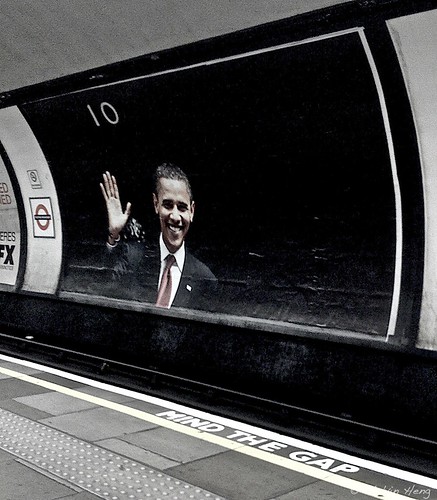Image shared via a creative commons license by Open Democracy on Flickr.
I am going to preface this post with a defence. Why? Because this is how I have to have these conversations now. I am going to be attending the Reclaim the Night march on the 21st of November. Reclaim the Night is a march against male violence with its roots in the 70s feminist movement.
A recent survey by the young women’s magazine More in 2005 found that 95% of women don’t feel safe on the streets at night, and 65% don’t even feel safe during the day. 73% worry about being raped and almost half say they sometimes don’t want to go out because they fear for their own safety.
In every sphere of life we negotiate the threat or reality of rape, sexual assault and sexual harassment. We cannot claim equal citizenship while this threat restricts our lives as it does. We demand the right to use public space without fear. We demand this right as a civil liberty, we demand this as a human right. Source
I understand that the second I say male violence, men reading this will have bristled. I profusely refute the idea that men are somehow innately violent, or unable to control their sexual desires. Rather I believe a culture that continually objectifies women, portrays them as sex objects, as things to be won and lost, and male sexual desire as something un-responsible and uncontainable, men will be taught that they are owed sex, and that women are to be bought and sold. They will be taught that with money, comes power, and power is the currency that males/female relationships are built on, transactional in essence, men must get their due.
Nearly a quarter of 14-year-olds [girls] have been forced to have sex or do something sexual against their will, and one in four 16-year-olds [girls] have been hit or hurt in some way by someone they were dating Source
Male violence against women is an inconvertible fact. Reclaim the Night marches against it. It is firstly an all (identifying) female march, and then followed by a rally with speakers and musicians (men are welcome to the rally), bringing together women, women’s organisations and unions, speaking out against male violence and reclaiming the spaces from which we are told we are not safe, not permitted, that we must be protected from.
How about we remove the need for protection?
Reclaim the Night stands up and says that women are never to blame for male violence, we battle against rape apologists who claim that women’s drinking, flirting, manner of dressing, or sexual proclivities mean they deserves it. We fight against rape myths that say one kind of sexual contact must lead to another, that say that women want it, that not saying no is the same as yes, and that women falsely report disproportionately to other crimes (“the allegations of rape that are false are exactly the same as that of any other crime i.e. 6 – 8%“ Source )

